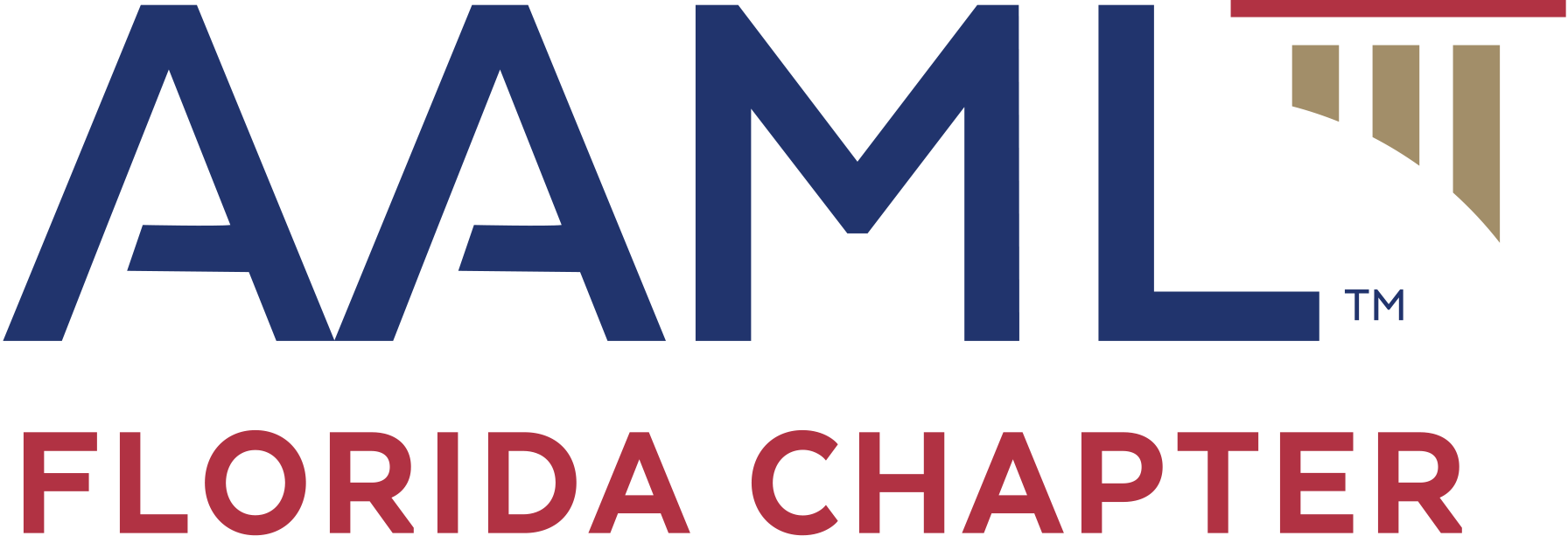The introduction of expert testimony can be a pivotal issue in a complex family law matter. Undoubtedly, there will be cases where you want to keep an expert’s opinion in evidence; and cases where you want to keep an expert’s opinion out of evidence. Since Florida’s 2013 adoption of the Daubert standard, the arguments regarding the admissibility of expert witness testimony in family law cases have evolved. Daubert enlists the trial court judge as a gatekeeper to keep out unreliable expert testimony. The adoption of the Daubert standard was intended to prohibit admission of “pure opinion” testimony and to ensure only reliable expert opinions are admitted into evidence.[1] Family law practitioners seeking the introduction of the expert opinion must be prepared to show that:
- The testimony is based on sufficient facts/data;
- Reliable principles and methods were used; and
- Those principles/methods have been applied reliably to the case.[2]
There are five (5) criteria for evaluating the admissibility of an expert’s methodology under the three (3) prongs of Daubert: (i) if it can be tested, has it been tested?; (ii) has it been subjected to peer review and/or publication?; (iii) if error rates can be determined, have they been determined?; (iv) if there are standards controlling the technique’s operation, have they been maintained?; and (v) is the methodology generally accepted as reliable within the relevant scientific community?[3]
An expert’s testimony is considered unreliable and inadmissible when the testimony is not the product of reliable principles and methods based on the foregoing criteria. For example, a treating physician may be familiar with his/her patient’s current medical status and may have reviewed past medical records (i.e., sufficient facts and data). However, his/her opinion may not be admissible under Daubert if he/she has not applied any reliable methods or principles to reach his/her opinion.[4] That is, where opinion testimony is based “only on clinical experience and training,” it is not admissible.[5] However, if in addition to experience and training, an expert relies on published studies or other reliable principles and methods, the testimony is admissible.[6] The same principle applies to other experts in a family law case, such as an expert valuation expert. Even if the expert has relied upon sufficient facts or data (such as financial records of a business), his/her testimony is not admissible if he/she has reached his/her conclusions solely on his/her own experience and training and has not applied reliable principles and methods.
The Daubert reliability test does not always require “scientific” methodology, only reliable methodology. For example, psychological evaluations do not require a strict Daubert analysis, but rather a more flexible approach.[7] Where a psychologist relies on regular and customary methodology utilized by mental-health professionals, the Daubert test is satisfied, even if the customary methods are not “scientific.”[8]
“Whether an expert’s testimony is reliable depends on ‘the particular facts and circumstances of the particular case.’”[9] Where evidence is based on reliable principles and methods and is reliably applied to the facts of the case, the trial court errs in excluding such evidence.[10] While on its face, Daubert presents a more stringent standard than Frye, the “gatekeeping function was not intended to supplant the adversary system or the role of the jury: vigorous cross-examination, presentation of contrary evidence, and careful instruction on the burden of proof are the traditional and appropriate means of attacking shaky but admissible evidence.”[11]
Daubert bestows the role of “gatekeeper” on the trial court. There are many keys to the evidentiary gate, and you must be prepared to show that your expert has relied upon sufficient methods and principles necessary to keep him/her from being locked out.
[1] Fla. Sess. Law Serv. Ch. 2013-107; Marsh v. Valyou, 977 So.2d 543 (Fla. 2007).
[2] Fla. Stat. 90.702.
[3] U.S. v. Hansen, 298 F.3d 1253 (11th Cir. 2002)
[4] Giaimo v. Florida Autosport Inc., 154 So. 3d 385 (Fla. 1st DCA 2015).
[5] Booker v. Sumter County Sheriff’s Office/N. Am. Risk Services, 166 So. 3d 189, 194 (Fla. 1st DCA 2015).
[6] Id.
[7] Andrews v. State, 181 So. 3d 526 (Fla. 5th DCA 2015)
[8] Id.
[9] Crane Co. v. DeLisle, 41 Fla. L. Weekly D2532 (Fla. 4th DCA Nov. 9, 2016) (quoting Kumho Tire, 526 U.S. at 158, 119 S.Ct. 1167)
[10] Maines v. Fox, 190 So. 3d 1135, 1141 (Fla. 1st DCA 2016).
[11] Baan v. Columbia County, 180 So. 3d 1127, 1134 (Fla. 1st DCA 2015).
